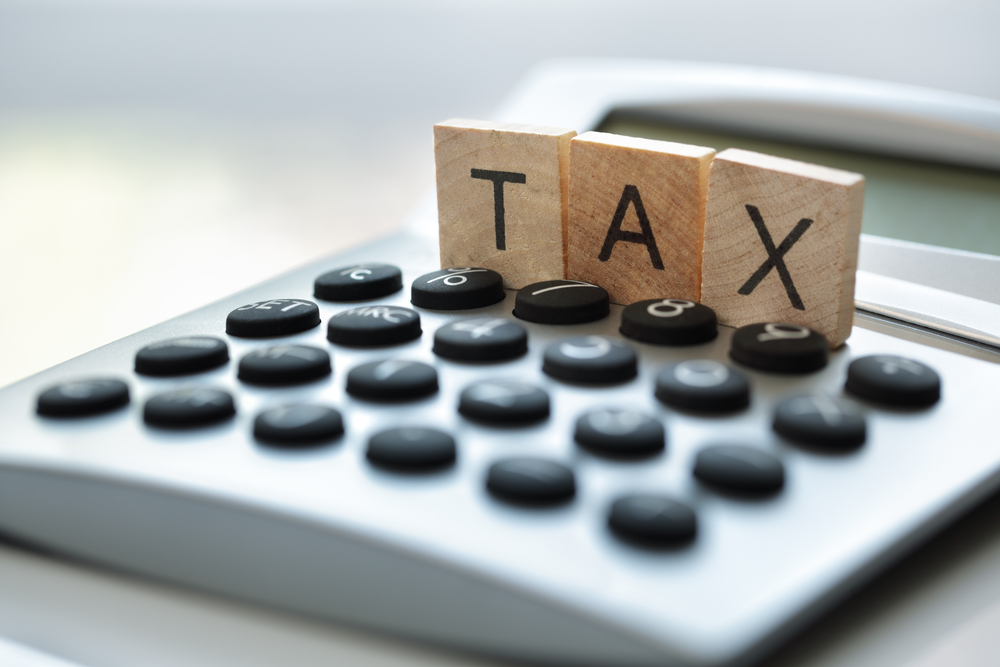News
Frozen thresholds and higher house prices push inheritance tax bills up to £600m in a month

There was a rise of £0.1bn to £0.6bn in April in inheritance tax (IHT) bills, new data from HMRC shows.
This continues the trend seen in 2022-23 where £7.1bn was paid, the highest amount ever recorded.
Frozen tax thresholds, high inflation and higher house prices are being blamed for the rise which has led to more people having to pay IHT.
The nil rate band for inheritance tax is £325,000 and this has been frozen since 2009. It is also set to remain the same until at least 2028. Anything over this amount which is left in a person’s estate after they die will be liable for IHT at a rate of 40% in most cases.
There is also a ‘residence nil-rate band’ of up to £175,000, which has been frozen since April 2020. This can be applied if a person passes on their main residence to a direct descendent.
Income tax thresholds are also frozen until 2027-28 and it’s expected this will bring around eight million more people into the higher-rate tax band.
Yet the total figure of estates whereby IHT is paid is still low. The most recent Government figures show that in the tax year 2019 to 2020, 3.76% of UK deaths resulted in an IHT charge.
The total amount collected in taxes by HMRC in tax in April was £70.9bn, a rise of £1.8bn on a year ago.
‘IHT is a hated tax’
Rosie Hooper, chartered financial planner at Quilter, said: “Historically IHT was viewed as a tax only for the very wealthy, but frozen tax thresholds and elevated house prices have seen far more people caught by the IHT net.
“IHT is a hated tax and the ever-increasing tax revenue from IHT presents a conundrum for the Government now we are possibly only a year from a General Election. Rumours are already rife regarding potential policy changes the Government might enact to improve their chances of winning the next election, and some reports suggest inheritance tax may be ripe for reform.”
A third of adults relying on inheritance for retirement
Today’s figures from HMRC come as it is revealed that 34% of adults who think they will inherit some money in their life will rely on this to fund their retirement.
Two in five adults are expecting or have already received an inheritance and 54% have ruled out needing one for retirement.
Yet despite this only 29% of the 2,000 surveyed, by Hargreaves Lansdown, said they planned to leave money when they die.
Sarah Coles, head of personal finance for Hargreaves Lansdown, said: “We’re banking on an inheritance to fund our retirements, but this is a dangerous mistake. Life and relationships are far too complicated to stake our future financial security on. It means millions of people could be left high and dry if the plans of their loved ones change.
“It’s impossible to know what lies in store for our loved ones. They may decide to throw caution to the wind and spend their savings on the retirement they really want. They may need expensive care, which can devour an inheritance. They might change their mind about who they leave money to – especially if they start a new relationship. It means you could end up inheriting less than you expect – or nothing at all.”